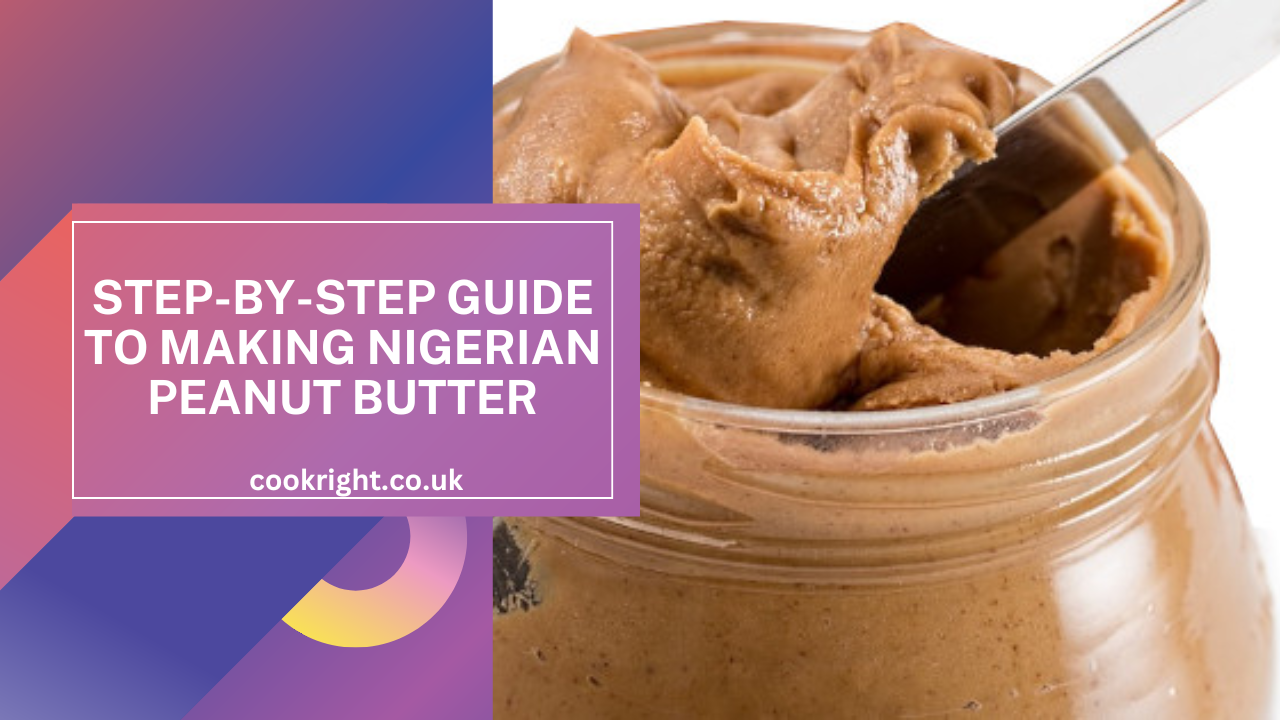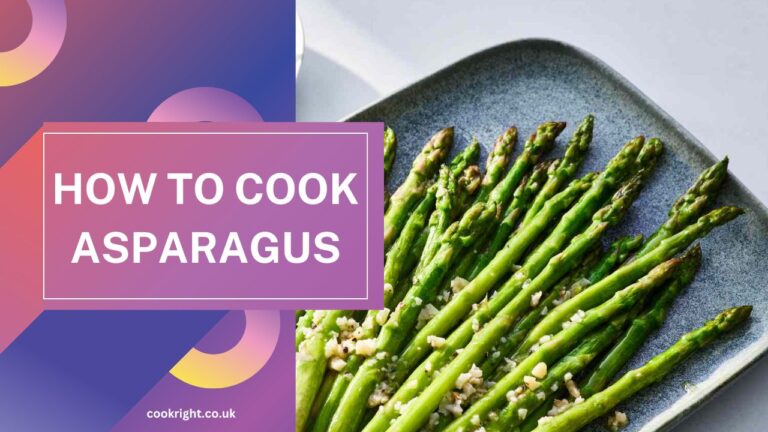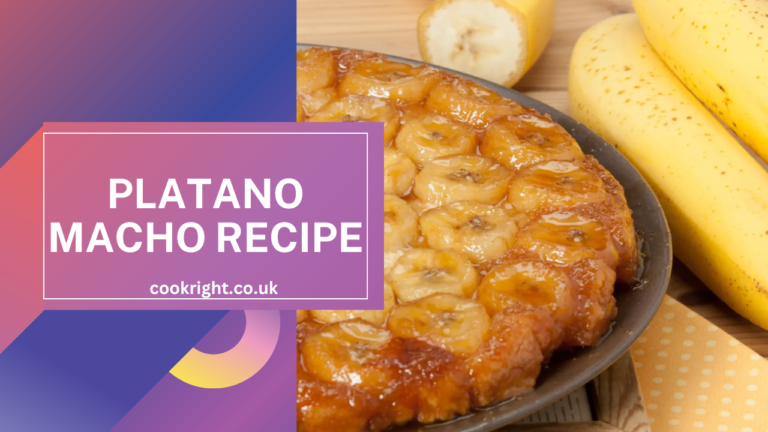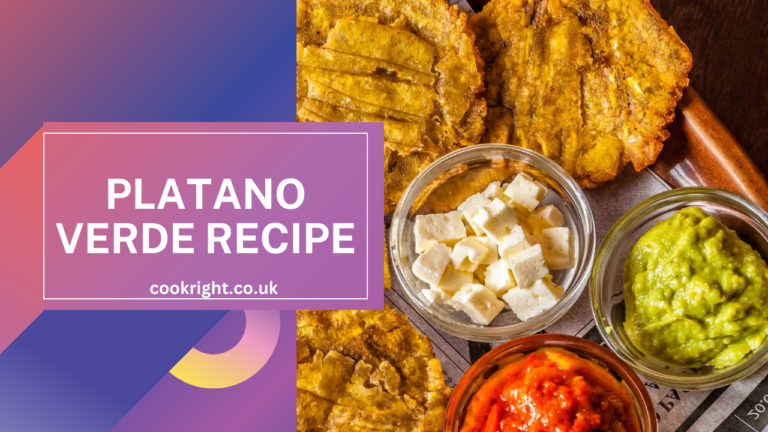Nigerian peanut butter, popularly known as “Ose Oji” in the Igbo language, is a rich, flavorful condiment enjoyed across various Nigerian communities. This traditional paste is more than just a spread; it’s a symbol of hospitality, often served with garden egg (African eggplant) or crackers as an appetizer during gatherings. Making Ose Oji from scratch is not just a culinary endeavor; it’s a connection to a rich cultural heritage. In this guide, I’ll walk you through the detailed steps to prepare this delightful spread from scratch, ensuring you capture the authentic taste of Nigerian peanut butter.
Ingredients for Making Ose Oji
To make Nigerian peanut butter, you will need the following ingredients:
- Raw Peanuts (Groundnuts): 2 cups
- Palm Oil: 2-3 tablespoons (optional, for color and taste)
- Ground Pepper: 1 teaspoon (or to taste)
- Ground Ehuru Seeds (Calabash Nutmeg): 1 teaspoon
- Salt: ½ teaspoon (or to taste)
- Optional Flavor Enhancers: Uziza seeds, crayfish, or dried pepper (to taste)
Equipment Needed
- A baking tray or frying pan
- A blender or food processor
- A wooden spatula or spoon
- A mixing bowl
- An airtight container for storage
Step-by-Step Guide to Making Nigerian Peanut Butter (Ose Oji)
Step 1: Roasting the Peanuts
The first and most crucial step is roasting the peanuts. Proper roasting brings out the nuts’ rich flavor, which is essential for a delicious Ose Oji.
- Preheat your oven to 350°F (175°C) if using an oven, or set your stovetop to medium heat if using a pan.
- Spread the raw peanuts evenly on a baking tray. Ensure they are in a single layer for even roasting.
- Roast the peanuts in the oven for about 15-20 minutes, stirring occasionally to prevent burning. If using a pan, stir continuously to ensure even roasting. The peanuts should turn a golden brown color and release a pleasant nutty aroma.
- Remove from heat and allow the peanuts to cool. Cooling helps in easy removal of the skins.
Step 2: Removing the Peanut Skins
After roasting, the peanuts need to be peeled. This step enhances the smooth texture of the peanut butter.
- Rub the peanuts between your palms or use a clean kitchen towel to remove the skins. The skins should come off easily due to the roasting.
- Blow away the chaff or use a fan to separate the skins from the nuts. Ensure that all the peanuts are clean and skin-free.
Step 3: Blending the Peanuts
Now comes the blending, where the magic happens. This is the step where the roasted peanuts are transformed into a smooth, creamy paste.
- Add the peeled peanuts into a blender or food processor. Depending on the power of your blender, you may need to do this in batches.
- Start blending on low speed to break down the peanuts. Gradually increase the speed as the peanuts turn into a coarse powder.
- Add the palm oil if you desire a richer color and flavor. This step is optional but traditional. It adds a unique taste and gives the peanut butter its characteristic reddish hue.
- Continue blending until the peanuts form a smooth paste. The natural oils in the peanuts will release, turning the mixture creamy. Be patient; this process can take a few minutes.
Step 4: Seasoning Your Peanut Butter
To achieve the authentic Ose Oji taste, you’ll need to season your peanut butter with traditional spices.
- Add the ground ehuru seeds, ground pepper, and salt to the peanut paste in the blender.
- Blend again for another 1-2 minutes until all the ingredients are well incorporated. The ehuru seeds add a distinctive aromatic flavor that makes Nigerian peanut butter unique.
- Taste and adjust the seasoning. You can add more salt, pepper, or additional spices like uziza seeds or a pinch of crayfish for a more complex flavor profile.
Step 5: Storing Your Ose Oji
Proper storage is essential to maintain the freshness and flavor of your homemade Ose Oji.
- Transfer the peanut butter into an airtight container using a spatula. Ensure the container is clean and dry to avoid contamination.
- Store in a cool, dry place. Ose Oji can last for weeks at room temperature, but refrigeration extends its shelf life, especially in hotter climates.
- Stir before use, as the natural oils might separate over time. This separation is normal and a sign that your peanut butter is free from artificial stabilizers.
Serving Suggestions for Ose Oji
Nigerian peanut butter is typically served as a dip for garden eggs (traditional African eggplants), which are slightly bitter and pair well with the rich, spicy paste. However, Ose Oji can also be enjoyed with:
- Crackers or bread: Spread it like regular peanut butter for a flavorful twist.
- Vegetables: Use it as a dip for carrots, cucumbers, or bell peppers.
- Cooked yams or plantains: A spoonful of Ose Oji can elevate these starchy staples to a delightful meal.
Tips and Variations
- Experiment with flavors: Add ground crayfish or dried pepper for a different taste. The variations are endless, and you can customize it to your preference.
- Texture preference: If you prefer chunky peanut butter, blend less, or add some coarsely ground peanuts back into the mixture after blending.
- Oil choice: While palm oil is traditional, you can use other oils like groundnut oil if you prefer a milder taste or need to avoid palm oil for dietary reasons.
Conclusion
Making Nigerian peanut butter (Ose Oji) from scratch is a rewarding experience that connects you to a time-honored culinary tradition. Not only does it allow you to control the ingredients and flavors, but it also gives you the satisfaction of crafting something truly authentic and delicious. Whether you enjoy it as a dip, spread, or sauce, Ose Oji brings a taste of Nigeria to your table. So, gather your ingredients and start roasting those peanuts – a delightful batch of homemade Nigerian peanut butter awaits you!








